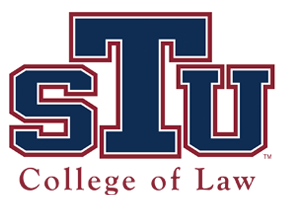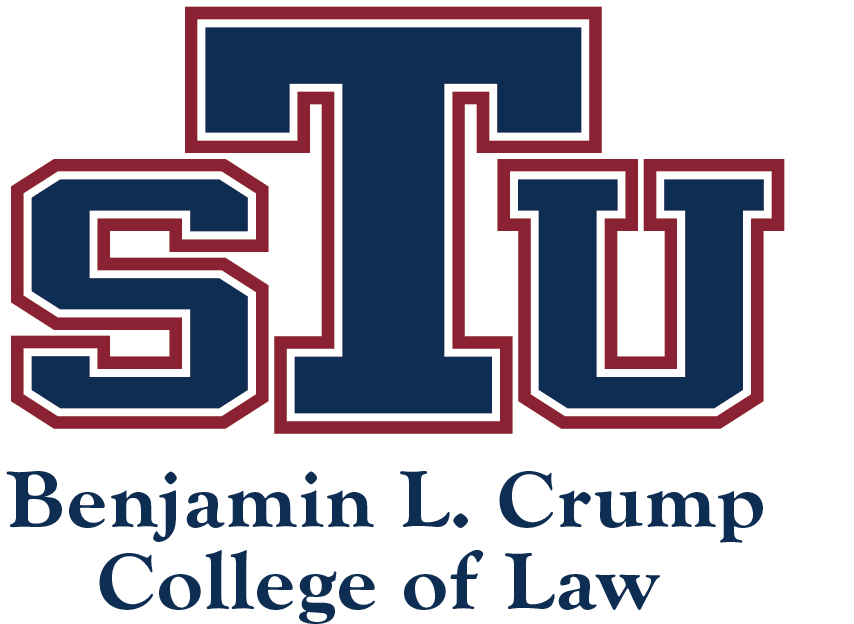Activities & Awards
Activities
The vision of the St. Thomas University Human Rights Institute (“STUHRI”) emphasizes research, education, social advocacy, and direct service to the community as the principal areas of its work.
Research
For the past decade, the STUHRI has conducted applied research on a broad range of human rights-related areas, including economic micro-development, immigration, public benefits, refugee services, social services, and others, as well as on specific legislation and its impact on immigrants. The research has been sponsored by both government and non-governmental organizations in South Florida and beyond. Some of the research projects have included documentation and analysis of the rising tide of xenophobia, the increasing levels of deportation/detention of aliens, and the effects of welfare reform, as well as studies of the incidence and effects of the breakdown of the family unit. Future research will use all the resources (academic, intellectual, and experiential) of Institute staff, the College of Law, and other areas of the University; also, where possible, it will draw on community partners.
The Institute distributes the results of some of this research through publications. Topics of Institute publications have covered: Children, Elderly Immigrants, and the Disabled; The Cuban Adjustment Act of 1966; The Rights of the Child; and Due Process for Haitian Refugees. Recently, the Institute began to publish research results in the occasional monographs of the “Research and Policy Papers Series.”
Education
The STUHRI conducts regular and occasional educational sessions for its own clients, as well as for the public at large. The Institute has offered multiple units of instruction to legal professionals, service providers, and the general public on discrete issues, including: immigration law, domestic violence, housing, individual rights, welfare reform issues, constitutional law, and other legal matters. Formats include briefings, classes, conferences, fairs, seminars, symposia, and workshops. Educational activities also are carried out through publications (see “Research” above). In addition, the Institute initiated and supports the Master of Law (LL.M.) degree in Intercultural Human Rights. This one-year program is designed to offer in-depth instruction on the critical issue of our time: the protection of human dignity across political, social, economic, and cultural lines. It requires the completion of 24 credits, and offers more than 25 mostly one-week compact courses. The faculty is one of global distinction, and includes top-level U.N. experts, outstanding scholars, judges, and practitioners. Students will be prepared for effective research and advocacy in the field of human rights.
The Institute also hosts students performing pro bono services, supervised by the Institute’s staff. Over 50 students from the University, the STU College of Law, other law schools around the nation, and high schools in the local area have volunteered many hours to assist the Institute’s staff in serving the community.
Social Advocacy
The Institute has focused on coalition building; it maintains a strong professional relationship with other local service providers, the Governor’s Office, and federal and local government agencies, as well as other human rights and legal services organizations. It is well-recognized in the community area for its advocacy efforts on behalf of the disenfranchised.
The Institute has also developed recommendations on policy matters, and distributed these through the media and to the corresponding agencies involved in the decision-making processes affecting targeted populations.
The Institute, through the work of its founding Executive Director, has been invited to serve as a witness, by providing testimony before Congressional hearings on domestic immigration-related abuses and human rights violations in Haiti and Cuba. In the late 1990s, the Institute’s Executive Director was appointed by the United States Secretary of State as the United States’ public delegate before the United Nations Commission on Human Rights in Geneva.
The Institute continues to identify human rights issues affecting the local community and addresses them in public fora, including the formulation and dissemination of press releases and other statements to the media. If appropriate, the Institute will address human rights issues at the global and national levels.
Awards
Community Recognition & Awards
1995 – “Peace and Unity Award,” presented by the St. Martín de Porres Association
1995 – “Certificate of Appreciation,” presented by the Coalition of Hispanic American Women
1997 – First legal services contract in the State of Florida, awarded by Florida Department of Children and Families
2001 – “ARETE Award” as the “Program of the Year,” presented by the Miami-Dade County Commission on Ethics and Public Trust
2002 – December 10th proclaimed as “St. Thomas University Human Rights Institute Day” by the Miami-Dade County Mayor and Board of County Commissioners
Grants
The Human Rights Institute has received grants from many community organizations, including:
- Dade Community Foundation
- Metro Dade County Board of County Commissioners
- Miami-Dade County Government
- U.S. Department of Health and Human Services, Office of Refugee Resettlement, and administered by the Florida Department of Children and Families
In-Kind Support
The Human Rights Institute has received in-kind support from many organizations, including:
- National Woodrow Wilson Fellowship Foundation
- United Nations Commission on Human Rights

